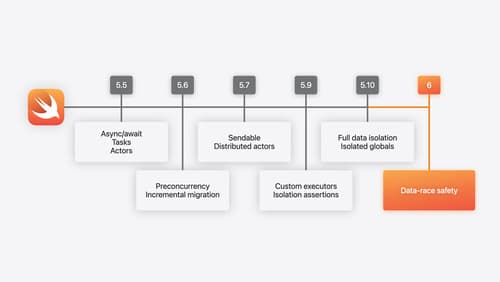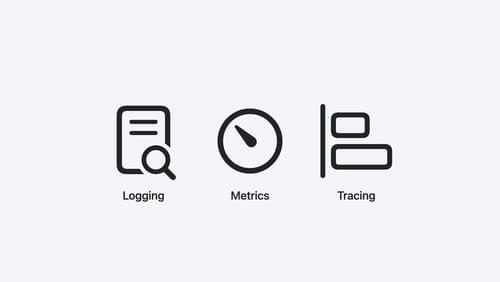why does SwftData suck ass?
Asked on 2025-03-20
1 search
It seems like you have some concerns about SwiftData. While I can't address subjective opinions, I can provide some insights into what was presented about SwiftData at WWDC 2024.
SwiftData is a framework designed to simplify building your app's model layer and persisting data across app launches. It offers features like schema modeling, migration, graph management, and synchronization with CloudKit. Some of the key updates and features highlighted include:
- Modeling and Persistence: SwiftData allows you to define your schema using Swift language features like macros, making it easy to model and persist data.
- Custom Data Stores: You can now use custom data stores, allowing you to store data using backends like SQLite or a remote web service.
- History API: This feature provides access to the history of changes in a datastore, useful for tracking local changes that need to be synced to a remote service.
- Performance Optimization: New macros and query optimizations have been introduced to improve performance.
For more detailed information, you can check out the session What’s new in SwiftData (00:57) which covers the adoption of SwiftData and its new features.

Platforms State of the Union
Discover the newest advancements on Apple platforms.

What’s new in Swift
Join us for an update on Swift. We’ll briefly go through a history of Swift over the past decade, and show you how the community has grown through workgroups, expanded the package ecosystem, and increased platform support. We’ll introduce you to a new language mode that achieves data-race safety by default, and a language subset that lets you run Swift on highly constrained systems. We’ll also explore some language updates including noncopyable types, typed throws, and improved C++ interoperability.

Explore the Swift on Server ecosystem
Swift is a great language for writing your server applications, and powers critical services across Apple’s cloud products. We’ll explore tooling, delve into the Swift server package ecosystem, and demonstrate how to interact with databases and add observability to applications.
